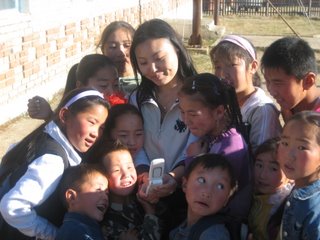Ukraine - sleeping giant of the east



Ukraine is the country where my Polish ancestors are rumored to be from. I find my time spent here to be some of the most meaningful on a personal level. The hosptiality of the rural people and their quiet, patient ways are truly a joy. I helped to estabish business oriented telecenters in nearly every region of the country. Like most former Soviet countries, Ukraine is undergoing a painful process of de-centralization. Most municipalities were tightly controlled by the central government, which led to decison making ownership by a select few.
De-centralization has created confusion in Ukraine's villages. No one is quite certain how to develop their economy or which decision is right for the future. A minority of entrepreneurs are stepping up to remake the rural economy. I work closely with rural entrepreneurs to help them set up internet centers with a business and training focus.
The results of this work are ongoing. Literally thousands of rural people have received basic computer training and are increasing their ability to create sustainable communities. Where there was confusion and relative despair - there is now hope in the promise of being connected to global opportunities.
I am now working with UPS and USAID on a very cool project linking Poland with a village chool in Nizankowice, Ukraine. Check out the website http://www.microregion.com









